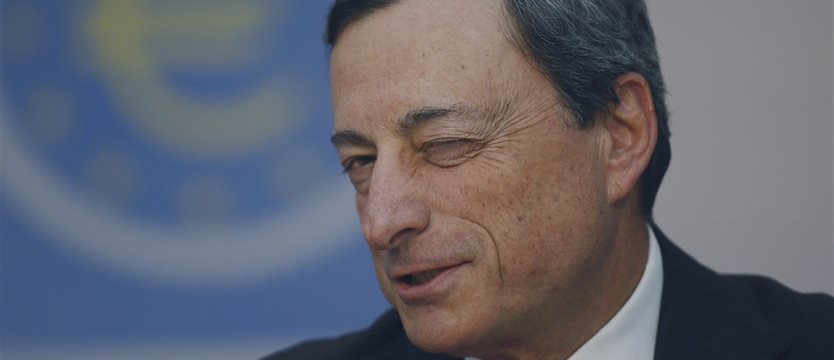On Monday the European Central Bank (ECB) fired up the euro area’s highly anticipated bond buying plan, elevating the price of government debt, but leaving stocks unchanged.
The ECB confirmed that purchases had begun on Monday. Quantitative Easing (QE) is intended
to boost the region’s flagging economy.
According to traders, central banks bought debt including German, French, Italian, and Belgian bonds.
European equities gave up some gains on Monday, with the Stoxx Europe 600 down 0.3% early afternoon, as investors instead turned their attention to the U.S., where a Friday’s positive jobs report further fueled expectations the Federal Reserve would raise interest rates this year.
Anticipation of the QE program has already spurred a big rally in euro-area government debt this year, lingering on Monday.
Bond yields edged lower across the currency bloc and hovered close to their all-time lows. Germany’s 10-year bond yield was down 0.08 percentage point at 0.32%. German yields are now negative on maturities of up to seven years. Italian and Spanish 10-year yields also fell to 1.22% and 1.29% respectively, said The Wall Street Journal. Yields fall when prices rise.
Greek bonds bucked the wider European trend on Monday, with 10-year yields rising a little over half a percentage point to 9.8%. ECB President Mario Draghi noted last week that the central bank doesn't intend to buy Greek government bonds in the short term, as Greece is still in a bailout review process and the amount of Greek bonds that ECB holds under a previous bond plan exceeds the limit set under the new QE program.
Mark Dowding,
co-head of investment grade debt at BlueBay Asset Management commented that:
“Particularly in the first two to three weeks of the program there is going to be a degree of uncertainty to the exact shape of the bond buying. That could lead to markets being a little bit more erratic until we settle into a familiar pattern.”
“But for now, it isn’t surprising that the ECB has come in and banks have lifted their prices for some bonds,” he added.
Market players expect to see this translate into greater support for riskier debt. BNP Paribas data show that the first week of March saw €851 million ($922.65 billion) of inflows into European high yield credit, marking an all-time high, according to the French bank.
Overseas, data on Friday showed the U.S. economy created more jobs than expected in February.
The latest indicator of stability in the world’s largest economy “has finally
convinced markets” the Fed will raise rates as soon as June, said UBS
economist
Paul Donovan.
The data from the U.S. also boosted the dollar on Friday, with the euro hitting an 11-year low against the buck. The euro rebounded slightly on Monday, climbing 0.5% to $1.0858.



